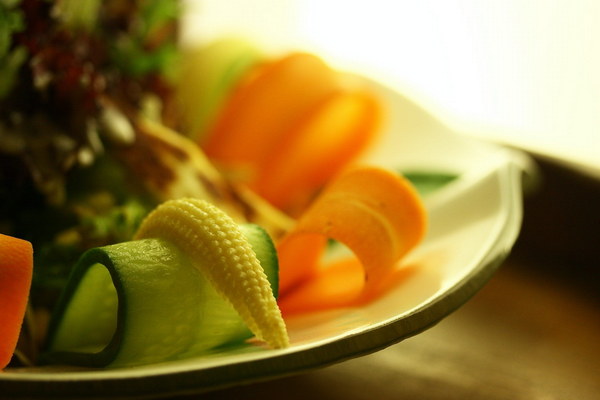Unveiling the Truth How to Spot and Avoid Fake Health Teas
In recent years, the health tea market has seen a surge in popularity as more and more people seek natural ways to improve their well-being. However, with this increase in demand comes a rise in fake and substandard products. To ensure that you are consuming authentic and beneficial health teas, it is essential to learn how to identify and avoid fake products. Here’s a guide on how to spot and avoid fake health teas.
1. Research the Brand and Manufacturer
Before purchasing a health tea, research the brand and manufacturer. Look for companies with a good reputation and a history of producing high-quality products. Check if they have certifications from recognized organizations, such as organic or fair-trade certifications. Reputable companies are more likely to produce authentic and safe products.
2. Examine the Packaging
Fake health teas often have poor-quality packaging, with typographical errors or inconsistencies. Authentic products usually have clear, professional-looking labels with detailed information about the ingredients, origin, and usage instructions. Pay attention to the barcode and compare it with the product’s country of origin to ensure it matches.
3. Check the Ingredients List
Authentic health teas should list all their ingredients clearly and accurately. Fake products may omit some ingredients or list them incorrectly. Be cautious if the product claims to have numerous health benefits but fails to provide a comprehensive ingredient list. Additionally, be wary of products that contain additives or preservatives, as these can indicate a lower quality.
4. Verify the Origin
Many health teas are sourced from specific regions known for their unique botanicals. Verify the origin of the tea and ensure that it matches the claims made on the packaging. For example, authentic green tea comes from China, Japan, or Korea, while Rooibos tea is sourced from South Africa. Fake products may use misleading labels to misrepresent their origin.
5. Assess the Color and Aroma

The color and aroma of a health tea can provide valuable clues about its authenticity. Authentic health teas have a distinct color and aroma that reflects their natural ingredients. Fake products may have an unnatural or overpowering scent, or they may be dyed to match the desired color. Be cautious if the tea has an off-putting taste or smell.
6. Consult with a Health Professional
If you are unsure about the authenticity of a health tea, consult with a healthcare professional or a naturopath. They can help you determine whether the product is safe and effective, and they may have recommendations for trusted brands.
7. Beware of Unrealistic Claims
Fake health teas often make exaggerated claims about their benefits. Be skeptical of products that promise to cure a wide range of ailments or provide miraculous results. Genuine health teas can offer numerous benefits, but their effects are usually gradual and cumulative.
8. Purchase from Reputable Sources
When buying health teas, always purchase from reputable sources such as certified organic stores, health food shops, or directly from the manufacturer. Avoid purchasing from unverified online marketplaces or street vendors, as these sources may sell counterfeit or substandard products.
In conclusion, spotting and avoiding fake health teas requires vigilance and research. By following these guidelines, you can ensure that you are consuming authentic, safe, and beneficial products. Remember that your health is worth the effort, and investing in high-quality health teas can lead to improved well-being and a more vibrant life.









